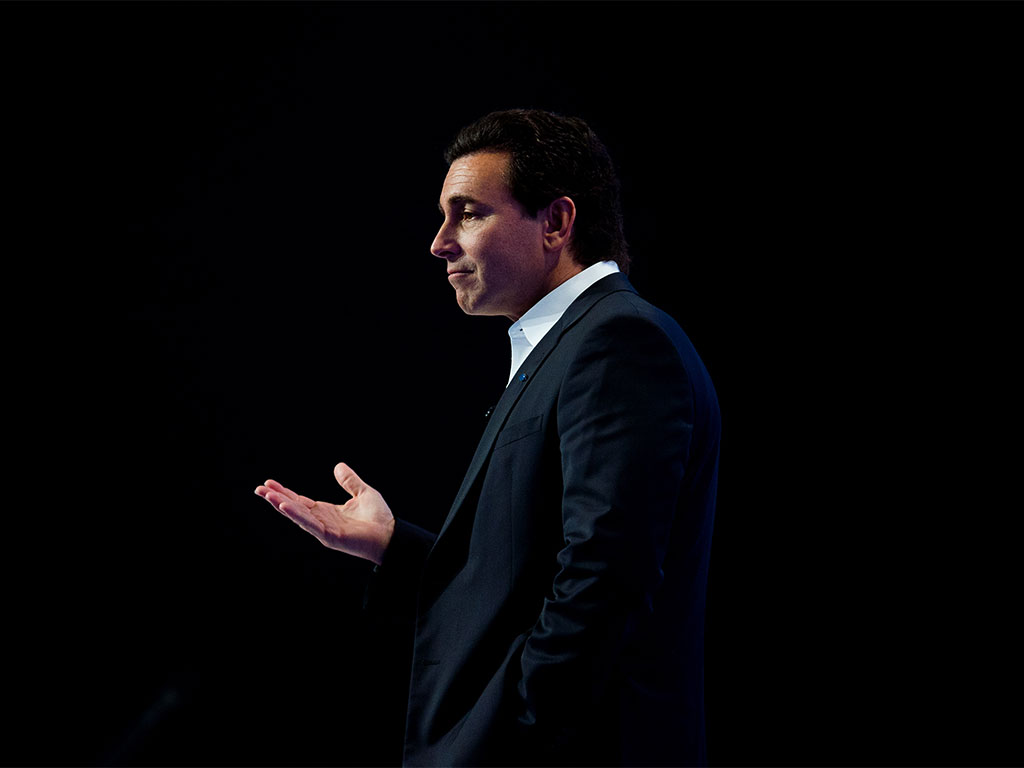Ford enters the self-driving car game by targeting ride sharing
Ford is aiming to corner the self-driving car market through commercial ride-sharing apps, and it plans to produce cars free of any manual controls

Ford President Mark Fields hopes that the company's reputation can help it crack the self-driving car market
Ford has made its vision clear for the future of cars, announcing an ambitious plan to have a mass-produced self-driving car on the road by 2021.
Speaking at an event in Palo Alto, California, Ford’s President Mark Fields announced the company’s intention to develop an autonomous vehicle, along with how it plans to get there. Ford will be doubling the investment in its Palo Alto research centre and plans to invest in automotive technology companies.
“Vehicle autonomy could have as big an impact on society as the Ford mass assembly line had over 100 years ago”, Fields said.
The target market for the self-driving car will initially be commercial ride booking companies such as Uber and Lyft. Unlike General Motors, which announced in January that it would be investing $500m in Lyft, Ford is yet to back a specific player in the ride-sharing market. In an interview with the BBC, Fields said he wants Ford to not just to be an auto company, but an auto and mobility company.
The target market for the self-driving car will initially be commercial ride booking companies such as Uber and Lyft
Ford stated it expects the rollout of self-driving cars will be in big cities initially, and hybrid engines rather than fully electric or combustion engines will most likely be used. The cars will have no pedals or steering wheels. The company hopes to have 30 self-driving Ford Fusion Hybrid prototypes on the road by the end of this year, with 90 in 2017.
Tech companies such as Apple and Google are also working on self-driving car technology. Rather than engage in a partnership or a similar arrangement, Ford’s announcement places it in direct competition with these firms. It’s betting Ford’s century of dominance in the car industry is enough to win customer confidence over comparatively young competitors.
The race is well and truly on in the autonomous vehicle field, with the first mass-produced car a goal for several manufacturers. BMW recently formed a joint partnership with Intel and Mobileye to create a driverless car, and many luxury models already feature some degree of autonomy.
However, Ford may have an uphill battle to win consumer trust. A Tesla driver was killed this year in an accident that occurred while the car was in autopilot mode, worrying many about the safety of self-driving systems.













